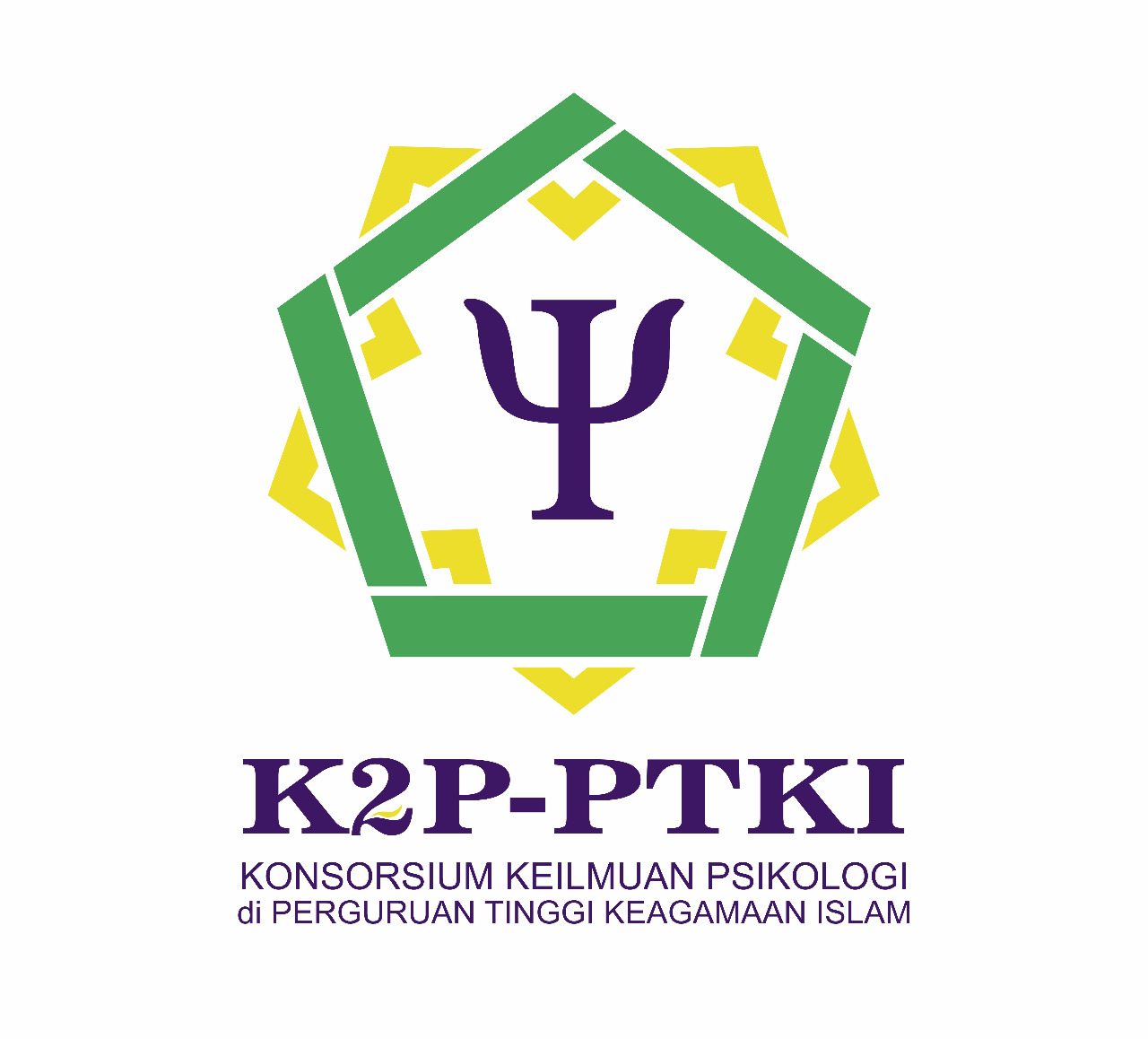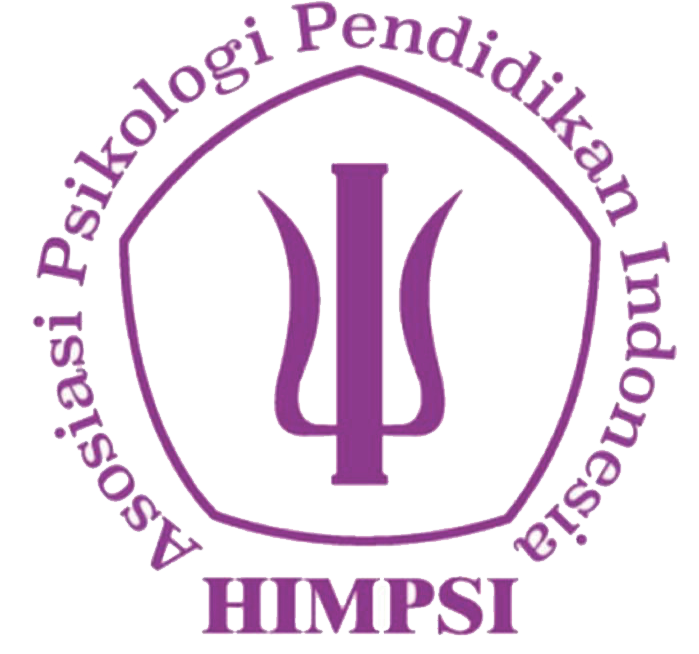Intentional Change Model Training to Improve Leader Effectiveness of Toraja Church Youth Association (PPGT)/ Pelatihan Intentional Change Model untuk Meningkatkan Leader Effectiveness Pengurus Persekutuan Pemuda Gereja Toraja (PPGT)
Abstract
Abstract: The effectiveness of a leader is not easy to achieve. The leader must build awareness to equip himself and his members for the achievement of objectives. Intrapersonal beliefs in their capabilities to function as leaders are called Leader Role-Efficacy (LRE), their ability to navigate and manage interpersonal relationships with their members is called Leader Trust in Subordinate (LTS), both of which are key elements of leader effectiveness. This study aims to describe whether Intentional Change Model (ICM) training can improve the leader effectiveness of PPGT administrators in the Pajalesang Palopo congregations. The subject of the study was the management of PPGT organization including fifteen people as one group pre and post-test design. The pre-test questionnaire was given a week before the treatment, and the post-test questionnaire was given two weeks after the treatment. Measuring instruments used by researchers are the Leader Effectiveness Scale by Ladegard and Gjerde and Psychological Capital Questionnaire (PCQ) by Luthans, Youssef, and Avolio. The results showed that there were significant differences in the values before and after being given the intentional change model training treatment.
Keywords: Leader Effectiveness; Intentional Change Model; Training
Abstrak: Efektivitas pemimpin bukan hal yang mudah untuk dicapai oleh pemimpin. Pemimpin harus membangun kesadaran untuk melengkapi diri dan anggotanya demi tercapainya tujuan. Keyakinan intrapersonal dalam kapabilitasnya untuk berfungsi sebagai pemimpin disebut leader role-efficacy (LRE), kemampuannya untuk menavigasi dan mengelola hubungan interpersonal dengan anggotanya disebut leader trust in subordinate (LTS), keduanya merupakan elemen kunci dari leader effectiveness. Penelitian ini bertujuan untuk memaparkan pelatihan intentional change model (ICM) dapat meningkatkan leader effectiveness pengurus Persekutuan Pemuda Gereja Toraja (PPGT) jemaat Pajalesang Palopo. Subjek penelitian yakni, pengurus organisasi PPGT berjumlah lima belas orang sebagai one group pre and post-test design. Kuesioner pre-test diberikan seminggu sebelum perlakuan dan kuesioner post-test diberikan dua minggu setelah perlakuan. Alat ukur yang digunakan oleh peneliti yakni Leader effectiveness scale dari Ladegard dan Gjerde dan Psychological Capital Quetionnaire (PCQ) dari Luthans, Youssef, dan Avolio. Hasil penelitian menunjukkan bahwa terdapat perbedaan signifikan nilai sebelum dan setelah diberi perlakuan pelatihan intentional change model.
Kata Kunci: Efektivitas Pemimpin; Intentional Change Model; Training
Keywords
Full Text:
PDF (Bahasa Indonesia)References
Baden, M. S., & Major, H. C. (2004). Foundation of Problem Based Learning. In Ebook didownload di. http://en.bookfi.org/book/1198042
Boyatzis, R., & Akrivou, K. (2006). The ideal self as the driver of intentional change [PDF file. Journal of Management Development. https://www.emerald.com/insight/content/doi
Boyatzis, R., D., G., & Annie, M. (2002. The New Leaders: Transformating The Art Of leadership Into the Science of Result [PDF file. International Journal, 1–6. https://scholar.google.co.id/
Boyatzis, R., & McKee. (2010). Resonant Leadership. Penerbit Erlangga.
Hall, D. T. (2014). Self-awareness, identity, and leader development. Leader Development for Transforming Organizations: Growing Leaders for Tomorrow, 153, 176.
Holmberg, R., Larsson, M., & Backstrom. (2016). Developing Leadership skill and reliensi in turbulent times. Journal of Management Development, 154–169. http://doi:10
Holton, M. A. (2017). Intentional change theory, coaching, and leader effectiveness. Research Report for The Degree of Master Bussiness. Queensland University of Technology.
Ivancevich. (2012). Organizations: Behaviour, Structure and Process. McGrawHill.
Jones, R. J., Woods, S. A., & Guillaume, Y. R. F. (2016). The effectiveness of workplace coaching: A meta‐analysis of learning and performance outcomes from coaching. Journal of Occupational and Organizational Psychology, 89(2), 249–277. http://doi:10
Kalshoven, K. . H. Den, & D. (2019). Ethical Leader Behavior and Leader effectiveness: The Role of Prototypically and Trust. Intentional Journal of Leadership Studies. Publication At. http://www.researchgate.net/publication/46720661
Leithwood, K. (2016). Characteristic of effective leadership network. Journal of Educational Administration, 54(4), 409–433. https://doi.org/10.1108/JEA-08-2015-0068
Luthans, F., Avolio, B. J., Avey, J. B., & Norman, S. M. (n.d.). Positive psychological capital: Measurement and relationship with performance and satisfaction. Personnel Psychology, 60(3), 541–572.
Mosteo, L. P., Batista-Foguet, J. M., Mckeever, J. D., & Serlavós, R. (2016). Understanding cognitive-emotional processing through a coaching process: The influence of coaching on vision, goal-directed energy, and resilience. The Journal of Applied Behavioral Science, 52(1), 64–96. http://doi:10
Newman, A., Ucbasaran, D., Zhu, F., & Hirst, G. (2014). Psychological capital: A review and synthesis. Journal of Organizational Behavior, 35(S1), 120– 138. http://doi:10
Siagaan. (1991). Manajemen Sumber Daya Manusia. Bumi. Aksara.
Stedham, Y., & Skaar, T. B. (2019). Mindfulness, Trust, and Leader Effectiveness: A Conceptual Framework. 1588.http.
DOI: https://doi.org/10.18860/psikoislamika.v17i2.10172

This work is licensed under a Creative Commons Attribution-NonCommercial-ShareAlike 4.0 International License.

------------------------------------------------------------------------------------------

pSIKOISLAMIKA by http://ejournal.uin-malang.ac.id/index.php/psiko is licensed under a Creative Commons Attribution-NonCommercial-ShareAlike 4.0 International License.


.jpg)


.jpg)





